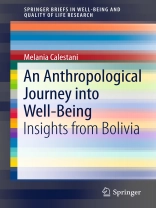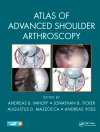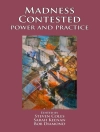This volume is a unique contribution to the exploration of a new perspective in the study of well-being, which tries to overcome the quantification bias by creating an account of ‘the good life’ in a specific place. Rather than numbers, this research focuses on local narratives, emphasising the urgent need to include a wider range of methodological approaches when engaging with well-being.
The volume demonstrates through the Bolivian case study the value of qualitative research for well-being studies. It shows the potential to integrate predominant quantitative data with qualitative outcomes, such as those emerging through ethnography. It is aimed at academics, researchers and students in well-being/quality of life studies, as well as audiences in the non-profit, governmental and policy in the non-profit, governmental and policy sectors. The book provides new perspectives in achieving better indicators of well-being and quality-of-life.
Inhaltsverzeichnis
Chapter 1. Introduction.- Chapter 2. Suma Jakaña.- Chapter 3. Fiesta and Dancing: Community and Religion.- Chapter 4. Social Protests.- Chapter 5. Well-being and Community.- Chapter 6. Conclusion.-
Über den Autor
Trained as a geographer and anthropologist in Italy and the UK, Melania Calestani has carried out research in the Bolivian highlands, Western Samoa, Guam, Europe, and the UK. Her main interests include issues related to well-being, faith, morality, and value.
Her work has mainly focussed on individual and collective definitions of `the good life‘, exploring potential contradictions between different models and analysing how individual dimensions compete with collective ones in this context. In Bolivia Melania looked at different actions adopted for the achievement of well-being, taking into account gender and generational differences. In particular, these include social protests, moments of fiesta, household cooperation, and the resort to supernatural forces through private rituals such as cambio de suerte -change of luck, showing how material and spiritual well-being are both mediated through objects and faith. Melania Calestani is currently a Research Fellow at the University of Southampton.












